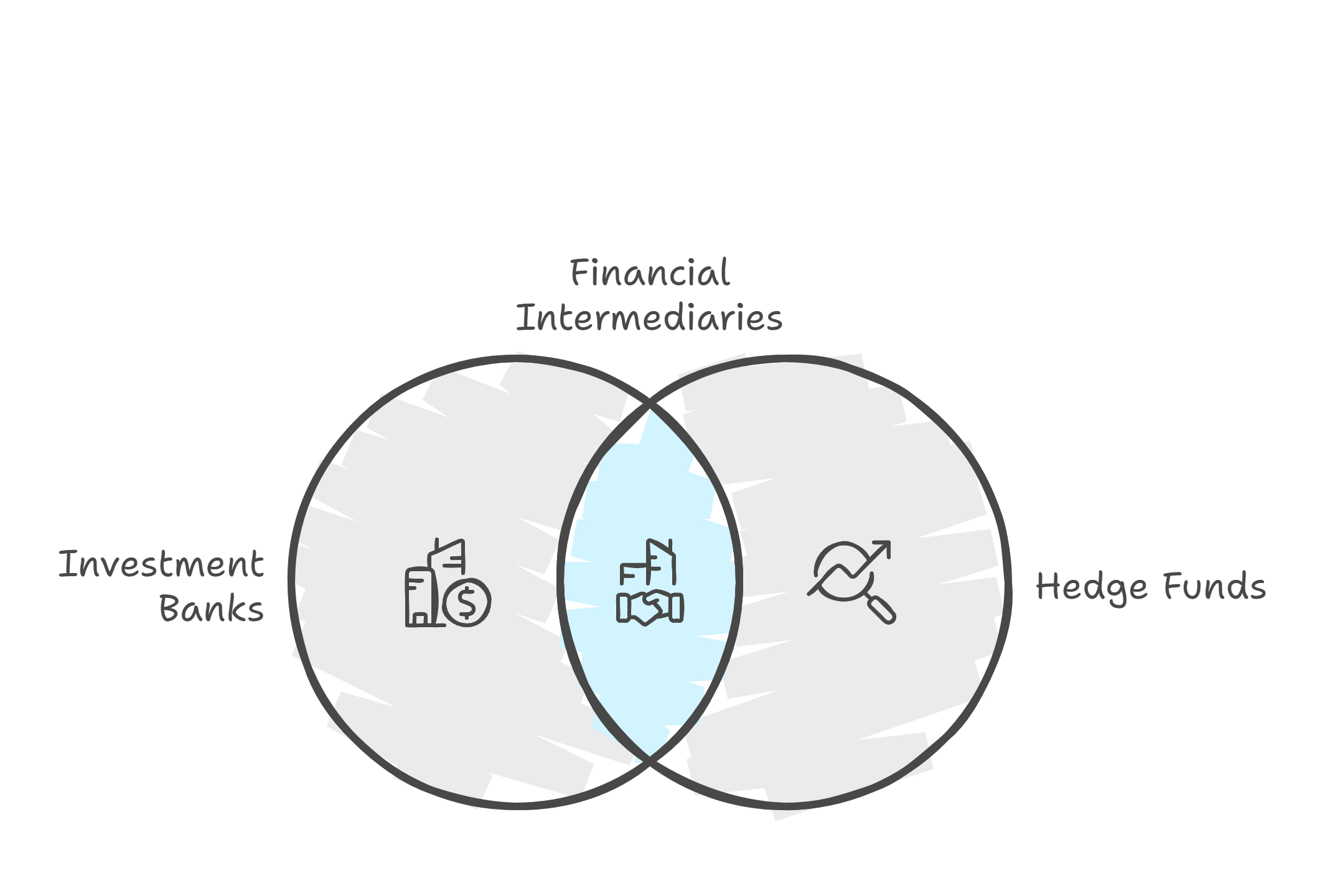Wall Street evokes visions of bustling trading floors, high-stakes meetings, and wealth won or lost in an instant. At the core of this financial universe stand two major players: hedge funds and investment banks. While their paths may cross, their purposes and operations differ significantly. Grasping these distinctions is essential for anyone looking to make sense of the financial landscape—whether you're aiming for a career in finance or simply exploring it as an informed investor.
Core Functions: Two Sides of the Same Coin?
Investment banks essentially act as financial intermediaries. They connect companies seeking capital with investors willing to provide it. They underwrite initial public offerings (IPOs), facilitate mergers and acquisitions, and trade securities. Think of them as the architects and builders of the financial markets.
Hedge funds, on the other hand, operate in a more secretive, exclusive realm. They manage investments for a smaller pool of wealthy individuals and institutions, employing a range of complex strategies to generate high returns. They're more like specialized hunters, seeking out market inefficiencies and betting on everything from stock movements to currency fluctuations.

Client Base and Regulation: A Tale of Two Worlds
Investment banks cater to a broad spectrum of clients, from giant corporations to governments and individual investors. They operate under strict regulatory scrutiny, subject to numerous laws and oversight from bodies like the Securities and Exchange Commission (SEC). This heavy regulation is designed to maintain market stability and protect investors.
Hedge funds, however, operate with significantly less regulatory oversight. Their clientele is exclusive, limited to accredited investors who meet specific wealth and income requirements. This lack of regulation allows hedge funds greater flexibility in their investment strategies, but also carries higher risk.
Compensation and Culture: Risk and Reward
The cultures of these two financial behemoths are as different as night and day. Investment banking is notorious for its demanding hours and hierarchical structure. Compensation is often tied to performance, with significant bonuses for closing deals. Imagine the pressure cooker of a trading floor, amplified.
Hedge funds, while also demanding, often offer a more entrepreneurial environment. Compensation is heavily performance-based, with fund managers taking a percentage of the profits they generate. This "two and twenty" model (2% management fee and 20% of profits) can lead to astronomical payouts but also comes with the risk of substantial losses.
Illustrative Example: The Facebook IPO
Consider the 2012 Facebook IPO. Investment banks like Morgan Stanley and Goldman Sachs played a central role, underwriting the offering and bringing it to market. Hedge funds, in turn, likely traded the stock, speculating on its price movements both before and after the IPO. This example highlights the interconnectedness of these institutions, yet also underscores their distinct functions.
Risk and Return: A Delicate Balancing Act
Both hedge funds and investment banks navigate the treacherous waters of financial risk. Investment banks face risks related to underwriting deals, market volatility, and regulatory changes. Hedge funds, with their more aggressive strategies, often take on even greater risk in pursuit of higher returns.
- Investment Banks: Focus on facilitating transactions and managing risk within regulatory frameworks.
- Hedge Funds: Prioritize maximizing returns, often employing complex and higher-risk strategies.
Conclusion: Different Paths to Financial Power
The worlds of hedge funds and investment banks are intertwined yet distinct. Investment banks act as the gatekeepers of the financial markets, while hedge funds operate as specialized investors seeking alpha. Understanding their core differences is vital for anyone seeking to understand the complex machinery of Wall Street.

















